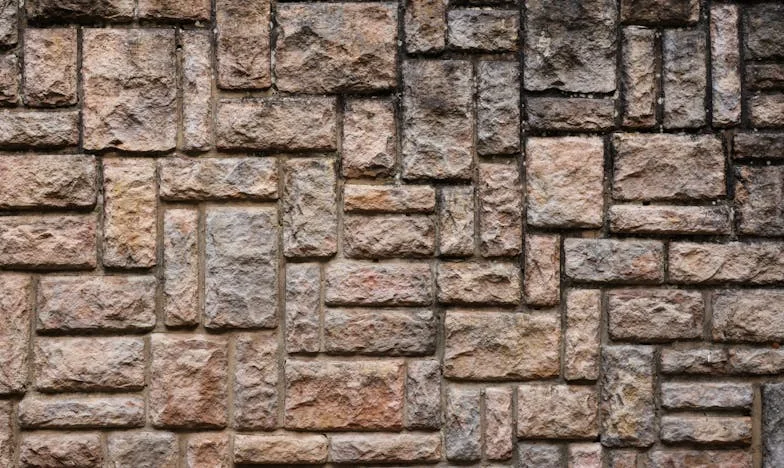Snow on the Sidewalk: A Daughter Between Two Worlds
The wind cut through my coat as I trudged across the last patches of dirty snow clinging stubbornly to the sidewalk. My boots slipped on the crusted ice, and I cursed under my breath — not that anyone could hear me. March in Chicago is an ugly time to visit the cemetery. I clutched the wilted tulips in my gloved hands, the cellophane crinkling as I tried to read the names on the half-buried headstones.
“Why are you here, Anna? It’s freezing,” I muttered to myself, but I knew why. Today was the anniversary. Dad died twelve years ago, and every March 15th, I came back, no matter how much I tried to forget.
The grave looked smaller than I remembered. Mom and Dad, side by side now, though Dad had left us so abruptly. I still remembered that night: the police officer at the door, Mom’s shaking hands, the way she crumpled to the floor as if someone had cut her strings. I was seventeen, and from that moment, I felt like I was the only adult in our house.
“You can’t just stay in bed, Mom,” I’d pleaded that spring. “We have to pay the bills.”
She’d stared at me, her eyes hollowed out by grief. “He was supposed to take care of us, Anna.”
But he didn’t. And the world didn’t stop for us. I took shifts at the grocery store instead of going to prom. I learned how to cook ramen fifty ways and how to keep the heat on by skipping meals.
Then, years later, everything changed. I met Michael at the law office where I worked the front desk. He was a partner — tall, always in starched shirts, the kind of man who never worried about the price of groceries or heating bills. He noticed me one Friday when I was crying in the bathroom, trying to hide the fact that my car had been repossessed that morning.
“Anna, are you okay?” he’d asked, standing awkwardly in the doorway.
I wanted to say, “No, I’m drowning,” but instead I wiped my face and lied. “Allergies.”
He offered me a ride home. He offered a lot of things — dinners, flowers, the kind of concern that felt like a luxury. Within a year, I was Mrs. Michael Turner, and my world was marble countertops, charity galas, and people who never asked if I was okay because the answer was supposed to be obvious.
But it wasn’t obvious. Sometimes, late at night, I lay awake next to Michael’s slow, steady breathing and wondered what it meant to belong. My mother had died two years after Dad — breast cancer, caught too late because she’d never had health insurance. I’d buried her next to him, alone except for my friend Jenny, who held my hand until it went numb.
Now, standing at their grave, I knelt and brushed the snow away from the letters. “I’m sorry, Mom,” I whispered. “I thought I’d feel safe by now.”
My phone buzzed in my pocket. A text from Michael: “Where are you? Dinner at 7 with the Whitmans. Dress nice.”
I wanted to scream. I wanted to throw my phone into the snow, to run home to the tiny apartment I’d shared with Mom, back when we still laughed at sitcoms and ate burnt grilled cheese for dinner. Instead, I pulled myself up, forced the tears back, and walked to the gate.
At home, our housekeeper, Gloria, met me at the door. “Mrs. Turner, your dress for tonight is in the bedroom.”
I nodded, feeling the weight of her gaze. Did she know how little I belonged here? Did she see through the designer shoes and the practiced smile?
At dinner, the Whitmans talked about spring break in Aspen and whether the private school would accept their youngest. I picked at my salmon, feeling invisible. Michael squeezed my knee under the table. “Tell them about your volunteer work, honey.”
I forced a smile. “I help with a reading program at the city library.”
Mrs. Whitman beamed. “How charming! Giving back is so important.”
They didn’t understand. They didn’t know what it meant to be the person who needed help, not the one who gave it. I nodded along, but inside, I thought of my mother — of her hands red from cleaning houses, of her voice hoarse from arguing with insurance companies that always said no.
That night, I stood in front of the mirror, peeling off my makeup. Michael came up behind me, his hands on my shoulders. “You were quiet tonight. Something wrong?”
I met his eyes in the glass. “Do you ever feel like you’re living someone else’s life?”
He laughed, not unkindly. “Not really, Anna. You’re just tired.”
But it wasn’t just fatigue. It was the ache of not belonging, the guilt of surviving when so many people I loved hadn’t. It was the knowledge that, no matter how many charity dinners I attended, I’d always be the girl who hid in the bathroom, hoping no one would notice her tears.
I lay awake for hours, listening to the city outside, thinking of Mom and Dad — of all the things I never said, all the pain I still carried. Snow was falling again, soft and silent. I wondered if it was still white on their grave, or if the city, like me, had already covered it up with something prettier and easier to bear.
Do we ever really leave behind the people we once were? Or do we just learn to hide the cracks, hoping no one notices how cold it still is inside?
